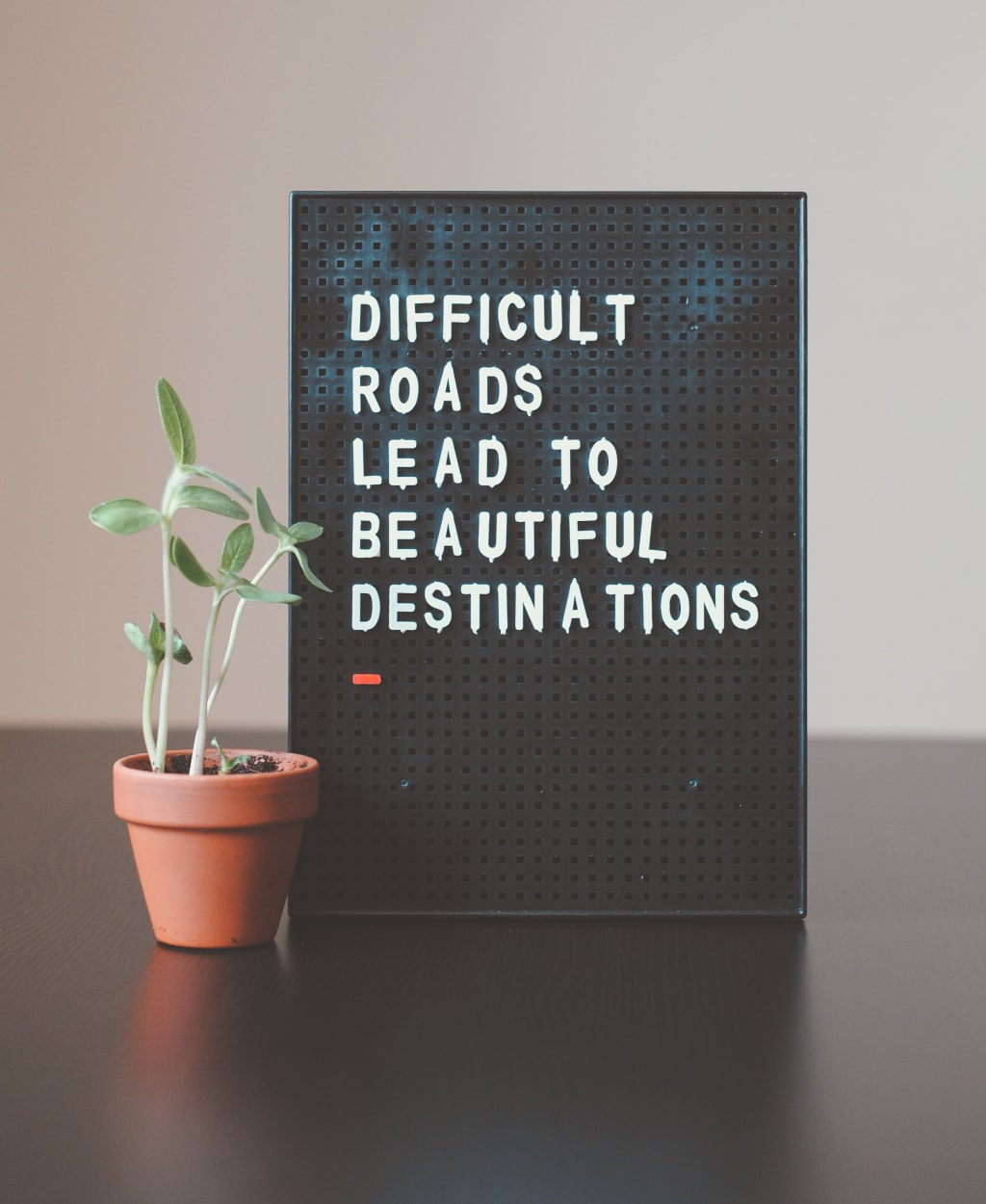
In the intricate tapestry of human achievement, discipline emerges as the unyielding thread that weaves success and personal growth. It's a silent force that constitutes a staggering 90% of the journey, yet it's a facet often overlooked in the conventional educational milieu. As we traverse the corridors of learning, the art of self-discipline remains elusive, prompting a quest for wisdom beyond textbooks. Drawing inspiration from the profound insights found in "Discipline is Destiny: The Power of Self-Control" by Ryan Holiday, we unravel seven stoic lessons that illuminate the path to strong self-discipline and emotional control.
Conquering Pleasure: The Stoic Battle Within:
At its core, self-discipline is not about asceticism or moral rectitude; rather, it's a strategic defense against unnecessary suffering and negative consequences that arise from yielding to every whim and desire. As stoic philosopher Seneca aptly notes, the body often craves pleasure without contemplating the aftermath. By contemplating the repercussions, we shift our perspective from momentary pleasure to long-term well-being. Discipline is not a denial of joy but a mindful curation of a life free from avoidable suffering.
Embrace Discomfort: The Stoic Forge of Resilience:
Seneca, known for his wealth, deliberately subjected himself to discomfort, wearing coarse clothes and sleeping on the ground. This intentional embrace of adversity wasn't a mere exercise; it was a stoic testament to the resilience that arises from willingly facing discomfort. In an age where comfort is championed, the stoic lesson implores us to challenge ourselves intentionally. By voluntarily stepping into discomfort, we fortify ourselves against the unpredictable trials life may present.
Freedom from Slavery: Eisenhower's Cold Turkey Liberation:
General Dwight Eisenhower, a symbol of military prowess, faced a formidable foe within – a three-decade-long smoking habit. His decision to quit cold turkey wasn't a mere triumph over addiction; it was a declaration of sovereignty over one's body. The lesson resonates today as we grapple with various modern addictions. It's a reminder that liberation from self-imposed slavery is a personal choice, and the power to choose differently is ever-present.
Minimalism and Freedom: Kato's Liberation Through Simplicity:
The stoic philosophy embodied by figures like Cato the Elder and boxer Ruben Carter extols the virtues of minimalism. Kato, eschewing opulence, found strength in simplicity, a sentiment echoed by Carter during his unjust imprisonment. Their lives serve as a powerful reminder that the pursuit of less, rather than more, can lead to a profound sense of freedom and self-mastery.
The Art of Deliberate Pace: Octavian's Slow Ascent to Power:
Octavian's deliberate journey to becoming Augustus Caesar teaches us the value of pacing oneself. In a world enamored with haste, Octavian's measured approach resulted in the transformation of Rome into a grand empire. The stoic lesson here is that progress need not be frenetic; rather, it can be deliberate, ensuring that each step is taken with intentionality and care.
Embrace the Tough Life: Roosevelt's Physical Vigor as a Catalyst:
President Theodore Roosevelt's commitment to physical activity, despite facing health challenges, is a testament to the transformative power of embracing life's challenges. In an era where convenience often overshadows resilience, Roosevelt's example underscores the idea that an active and challenging life leads to meaningful accomplishments.
Silent Strength: Spartans and the Potency of Restraint:
The Spartans, known for their courage, also mastered the art of self-discipline in silence. Their brevity in speech was intentional, a strategic use of words to convey strength. In an age of information overload, the stoic lesson is clear: silence can be a potent tool, allowing one to observe, reflect, and respond with greater impact.
In essence, these stoic lessons serve as a compass, guiding us through the labyrinth of modern existence. As we internalize these teachings, let us not view self-discipline as a rigid denial of life's pleasures, but rather as a harmonious orchestration of our actions, ensuring that each choice resonates with the cadence of a well-lived and purposeful life.
About the Creator
Līva
World is interesting place. Scary, but worth living.
Nature is full of surprises and people are... well, people are something else.
Art is the best doctor.





Comments (1)
hi